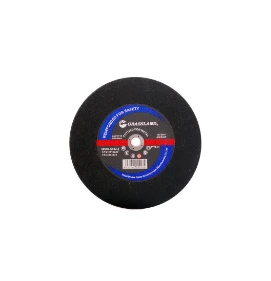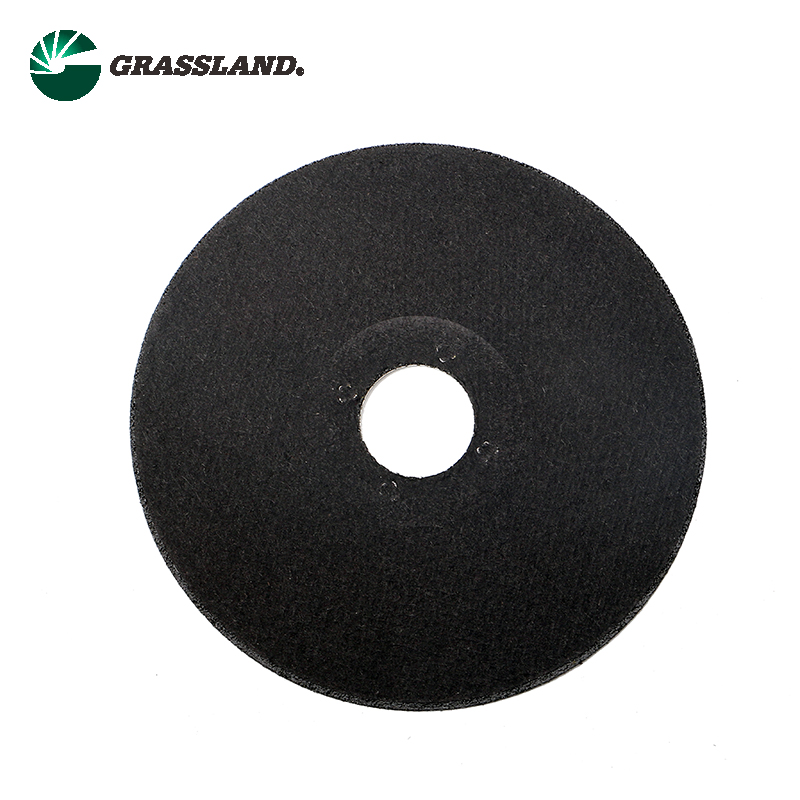

Additionally, the type of bonding used in the grinding disc significantly affects its performance characteristics. Resin-bonded discs demonstrate flexibility and quick action, suitable for achieving cleaner cuts with minimal heat generation. Comparatively, hard-bonded discs are more rigid and last longer, offering enhanced durability for heavier workloads but may produce more heat, which is a consideration for ensuring material integrity. Feedback from seasoned craftsmen provides invaluable insights into the performance of various grinding discs. Experienced users often share their observations on material removal rates, wear resistance, and overall satisfaction, providing a real-world perspective that complements technical specifications. Balancing professional reviews with personal requirements can guide a more informed decision-making process. Correct storage and handling prolong the lifespan of grinding discs. Discs should be stored in dry conditions, away from extreme temperatures, and handled carefully to avoid chips or cracks, which can compromise their integrity and performance. Regular inspections for visible damage before attaching them to angle grinders can prevent accidents and improve outcomes. In conclusion, selecting the right metal grinding discs for angle grinders demands a mix of thorough understanding and application of product knowledge, steadfast adherence to safety protocols, and hands-on experience. Combining these elements allows users to execute tasks efficiently while maintaining the project’s and operator’s safety. Investing in high-quality grinding discs enhances operations, ensuring a level of precision and quality that sets the standard for metalworks.
Post time:Jan - 26 - 2025

















